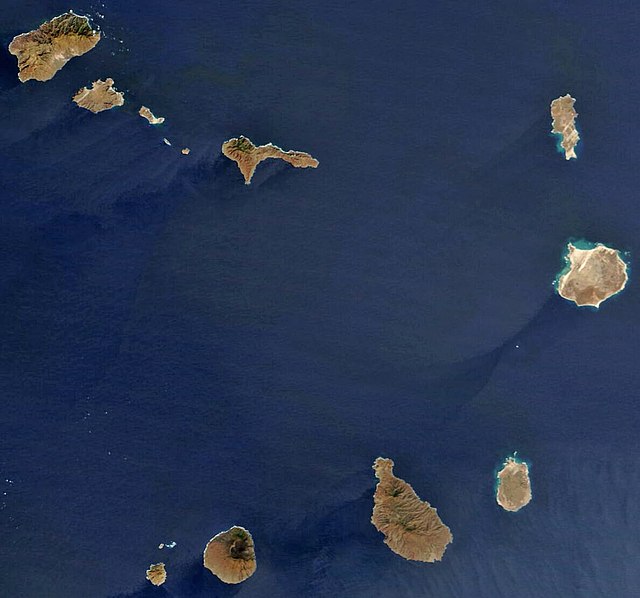I have lived in Zimbabwe for my entire life. A country plagued by macroeconomic volatility, corruption, and what can be deemed a human-induced famine, whose consequences have only been exacerbated by the effects of the enhanced greenhouse effect. Through my observations of the disparities between people and their food security, as well as the consequences of poor sustainable management my interest in environmental justice peaked. Given the large intersections between agriculture and mining- Zimbabwe’s largest economic sectors, I hope to deepen my understanding of their shared impacts on the environment. More specifically, through the Digital Scholarship Student Research Fellowship, I hope to deepen my understanding not just of the country, but also gaining the skills and knowledge on the best practices for the digitisation of information, and the processes that improve the accessibility of information.
My research project (in its current iteration) is titled “Sustainable Development: A Concept or Feasible Reality for Zimbabwe”. By researching Zimbabwean Environmental Policy I hope to enrich my understanding of what educated these governmental systems but also how they manifest in Zimbabwean society. Case studies of both urban and rural sustainable development and green architecture will be used to evaluate their applicability within the country, but also help determine how these “foreign” solutions interact with already indigenous practices of environmental stewardship. I hope to view sustainable development as not only a solution to climate change at a global scale but also impactful to individuals at an interpersonal scale through food sovereignty, urban greening, women’s empowerment and the economic opportunities held within the various sectors in Zimbabwe. For example, one of the current environmental problems faced by the country is wetland depletion. Both poor environmental management, infrastructural development, and waste management systems have led to wetland collapse. Despite many individuals’ heavy reliance on this ecosystem for various purposes.
Though I acknowledge that growing up in a low-income country has hindered my access and proficiency with substantial amounts of software, I equally acknowledge how this presents an opportunity for me to grow abundantly throughout the summer. I look forward to potentially applying my interest through this project and improving the accessibility of information that is highly pertinent to Zimbabwe, and the entire African continent today. Helping individuals realise the potential of the country in its ability to progress.
